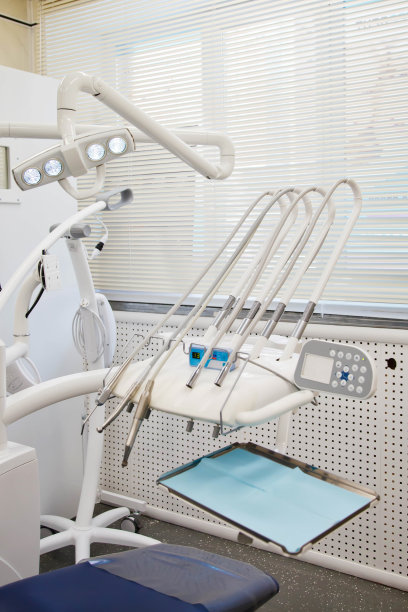Understanding Periodontal Disease Its Causes Consequences and Effective Prevention Strategies for Optimal Oral Health
Summary: Periodontal disease is a serious oral health condition that affects millions worldwide. This article explores its causes, which include poor oral hygiene, genetic factors, and systemic conditions. The consequences of untreated periodontal disease are significant, leading to tooth loss and other health complications. We also delve into effective prevention strategies that include regular dental check-ups, adequate oral hygiene practices, and lifestyle modifications. By understanding the nuances of periodontal disease, individuals can take proactive steps toward optimal oral health.
1. Key Causes of Periodontal Disease

Periodontal disease primarily stems from plaque buildup, a sticky film of bacteria that forms on teeth. When not removed through regular brushing and flossing, this plaque hardens into tartar, leading to inflammation of the gums, known as gingivitis. If left unchecked, gingivitis can progress to periodontitis, where the inflammation spreads deeper into the supporting structures of the teeth.
Another significant cause of periodontal disease is genetic predisposition. Research indicates that some individuals may be more susceptible due to genetic factors that influence immune response and inflammation. Consequently, even those with good oral hygiene may still experience periodontal issues due to heredity.
Systemic conditions also play a critical role in the development of periodontal disease. Conditions such as diabetes can impair inflammation responses, making it easier for gum disease to take hold. Furthermore, certain medications may affect saliva production or alter oral microbiomes, increasing the risk for periodontal disease.
2. Consequences of Untreated Periodontal Disease
The consequences of untreated periodontal disease extend beyond oral health. One of the most immediate results is tooth loss. As the disease progresses, it damages the supportive structures of teeth, leading to mobility and eventual loss if treatment is not sought.
Additionally, recent studies have linked periodontal disease to systemic health issues, including cardiovascular diseases. The inflammation caused by periodontal bacteria can enter the bloodstream, contributing to inflammation in blood vessels and potentially increasing the risk of heart attacks and strokes.
Moreover, periodontal disease can affect overall quality of life. Chronic pain and discomfort may lead to difficulties in eating, speaking, and social interactions. This can create a negative cycle where poor oral health diminishes one’s overall well-being and self-esteem.
3. Effective Prevention Strategies
Preventing periodontal disease largely hinges on maintaining proper oral hygiene. Brushing twice a day with fluoride toothpaste and daily flossing helps to remove plaque before it can harden into tartar. Moreover, using antibacterial mouthwash can provide an additional layer of protection against harmful bacteria.
Regular dental check-ups and professional cleanings are also vital. Dentists can detect early signs of gum disease and perform cleanings that are more thorough than at-home routines. It is generally recommended to visit the dentist every six months for routine evaluations and cleanings.
Lifestyle modifications can further enhance prevention efforts. Quitting smoking, for example, has pronounced benefits for gum health, as tobacco use is a known risk factor for periodontal disease. Furthermore, a balanced diet rich in nutrients can strengthen the immune system, enhancing the body’s ability to fight off infections and maintain healthy gums.
4. Importance of Early Intervention
Early intervention is crucial in managing periodontal disease. At the first sign of gum inflammation or bleeding, individuals should seek dental care. Early stages of periodontal disease, such as gingivitis, are fully reversible with appropriate treatment and healthier habits.
Prompt treatment can prevent the disease from advancing, thereby avoiding the need for more invasive procedures like surgery. Regular monitoring by a dental professional can ensure that any re-emergence of symptoms is addressed immediately.
Education plays a pivotal role in early intervention. Individuals should be informed about the risks associated with periodontal disease and the importance of recognizing early symptoms. Increased awareness can promote proactive self-care and timely dental visits.
Summary:
Understanding periodontal disease, its causes, consequences, and prevention strategies is vital for maintaining optimal oral health. By addressing the risk factors through consistent oral hygiene and regular dental visits, individuals can mitigate the risks associated with this prevalent condition.
This article is compiled by Vickong Dental, and the content is for reference only.



